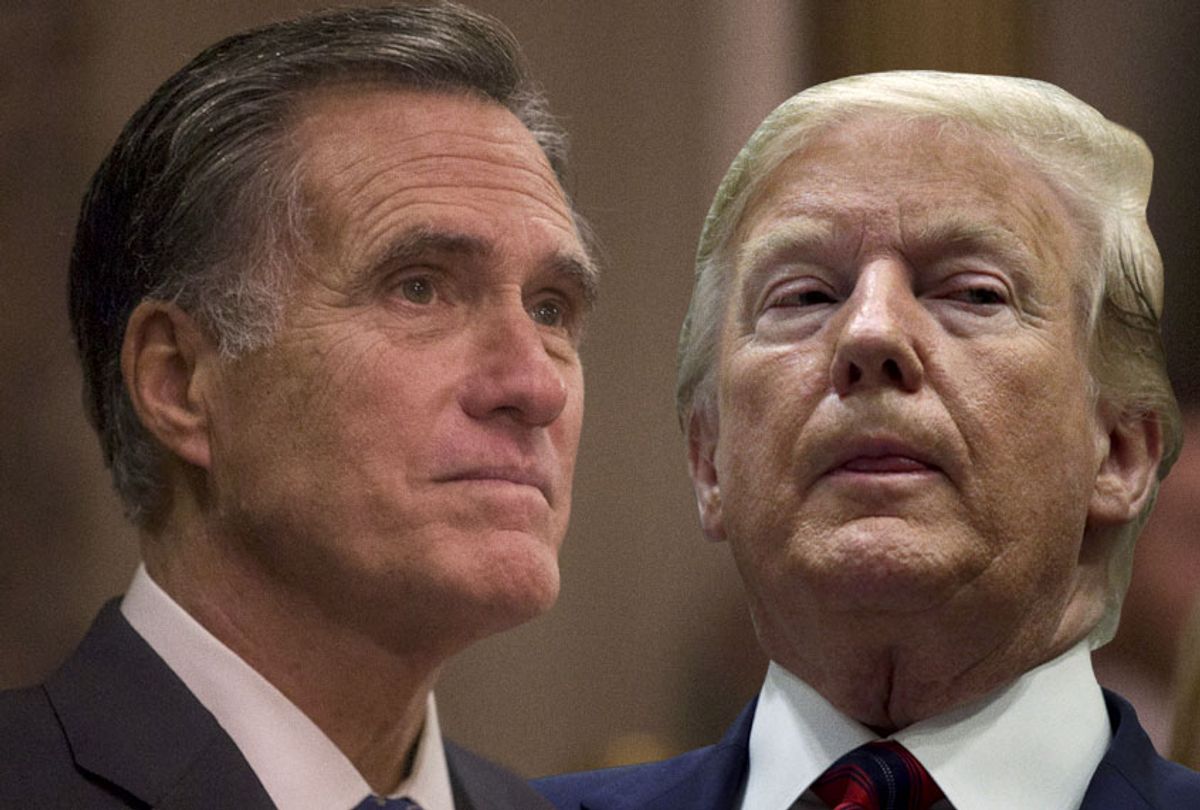Democrats are seeing the largest advantage over Republicans in nearly a decade according to a recent Gallup poll.
The poll, released on Wednesday and conducted via phone from January to March, found that 9 percent more Americans currently affiliate themselves with the Democratic Party than the Republican Party. This means that, throughout the first quarter of 2021, an average of 49 percent of the country identified as a Democrat or someone with Democratic leanings, while just 40 percent identified with the Republican Party or said they lean Republican. The remaining 11 percent were independents who had no clear affiliation.
The 9 percent margin between Democrats and Republicans is the largest that the U.S. has seen since 2012.
According to USA Today, Democrats have typically held a four to six-point advantage over Republicans. This gap, now at 9 percent, may be explained by recent political tumult including the violent storming of the U.S. Capitol, the passage of Biden's coronavirus stimulus package, the expansion of vaccine rollouts under the new administration, and the decline of COVID-related deaths.
The pollster also found a 6 percent increase in independent affiliations, which jumped from 38 percent in late 2020 to 44 percent in the first quarter of 2021. Gallup explained that these findings are "consistent with the historical pattern whereby independent identification typically declines in presidential election years and increases in odd-numbered years."
The decline in Republican identification, Gallup speculated, may account for the recent surge in independent affiliation. According to its report, Republican affiliation saw a 4 percent drop from the fourth quarter of 2020. Republican affiliation is, in fact, at an all-time low since early 2018, and is just a few points above 22 percent, where it sat in 2013.
Although Democratic identification is slightly down since the end of 2018, it has hovered around 30 percent for nearly the last decade.
Gallup suggested that, because of the recent surge in independent identification and decline in GOP identification, the Republican Party may have to broaden its platform to appeal to independent voters in advance of the 2022 midterm elections, which have the potential to destabilize the Democratic Senate majority.
Senior Gallup editor Jeff Jones told USA Today that Biden's future approval ratings will also play a role in party identification. "A lot of it is going to depend on how things go over the course of the year. If things get better with the coronavirus and the economy bounces back and a lot of people expect Biden can keep relatively strong approval ratings, then that will be better for the Democrats," he explained. "But if things start to get worse – unemployment goes up or coronavirus gets worse – then his approval is going to go down. It's going to make things a lot better for the Republican Party for the midterm next year."
Gallup's poll comes amid indications of a mass exodus from the Republican Party. Back in February, Reuters reported that 68,000 Republicans in Florida, Pennsylvania and North Carolina defected in a matter of weeks following the Capitol riot. NPR reported that 4,600 Colorado Republicans recently fled their party as well. In Maricopa County alone, 4,000 Republicans switched parties within one week of the Capitol riot, according to KJZZ.
Kevin Madden, a former Republican operative for Mitt Romney's 2012 presidential campaign, told the New York Times that he changed his party affiliation to independent after watching Trump's first impeachment trial. "It's not a birthright and it's not a religion," he explained. "Political parties should be more like your local condo association. If the condo association starts to act in a way that's inconsistent with your beliefs, you move."



Shares